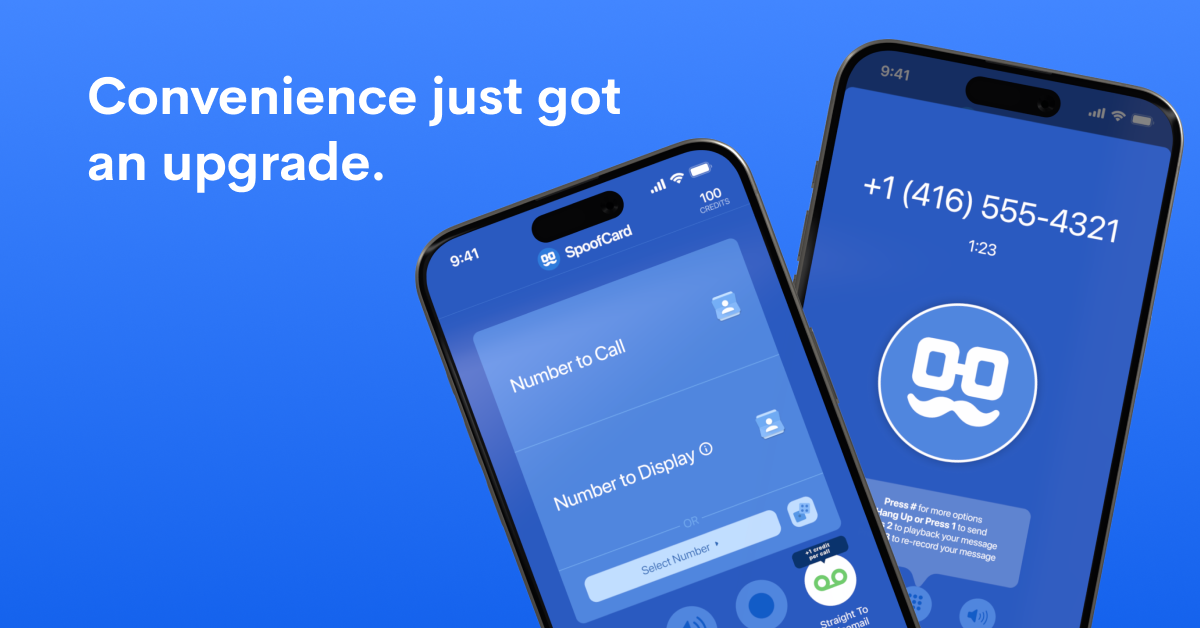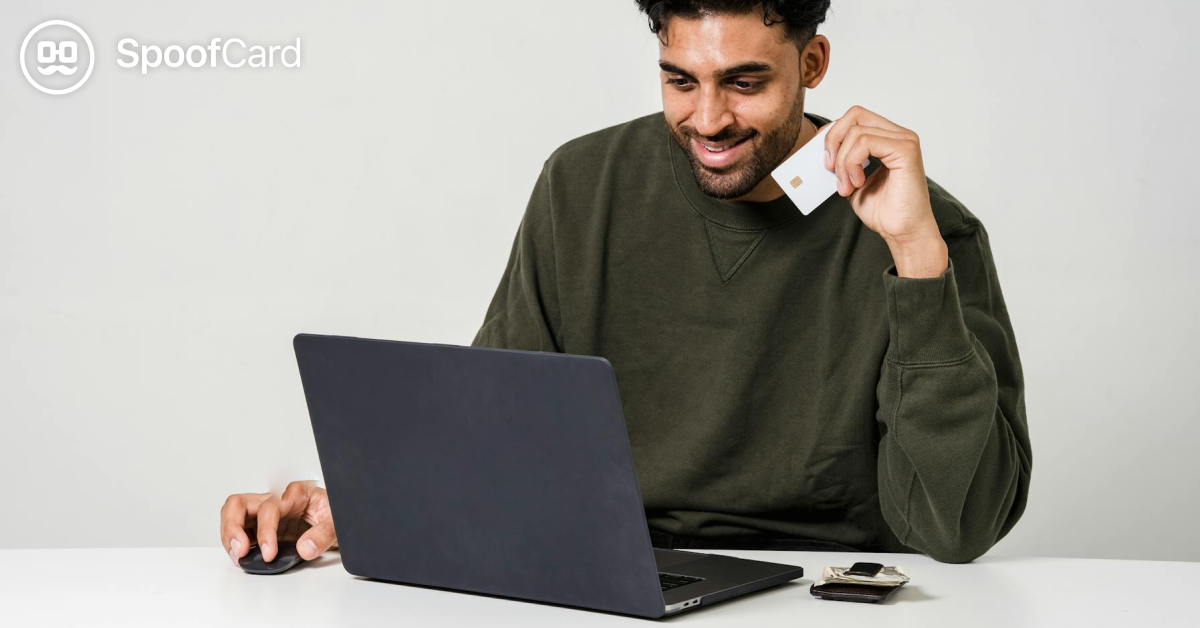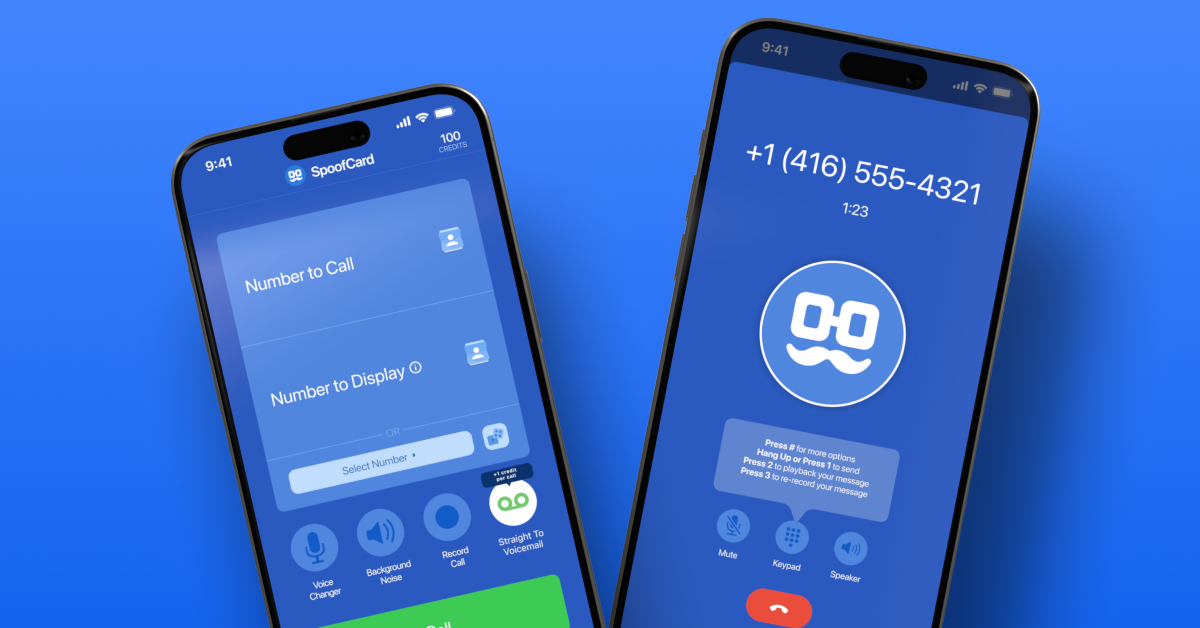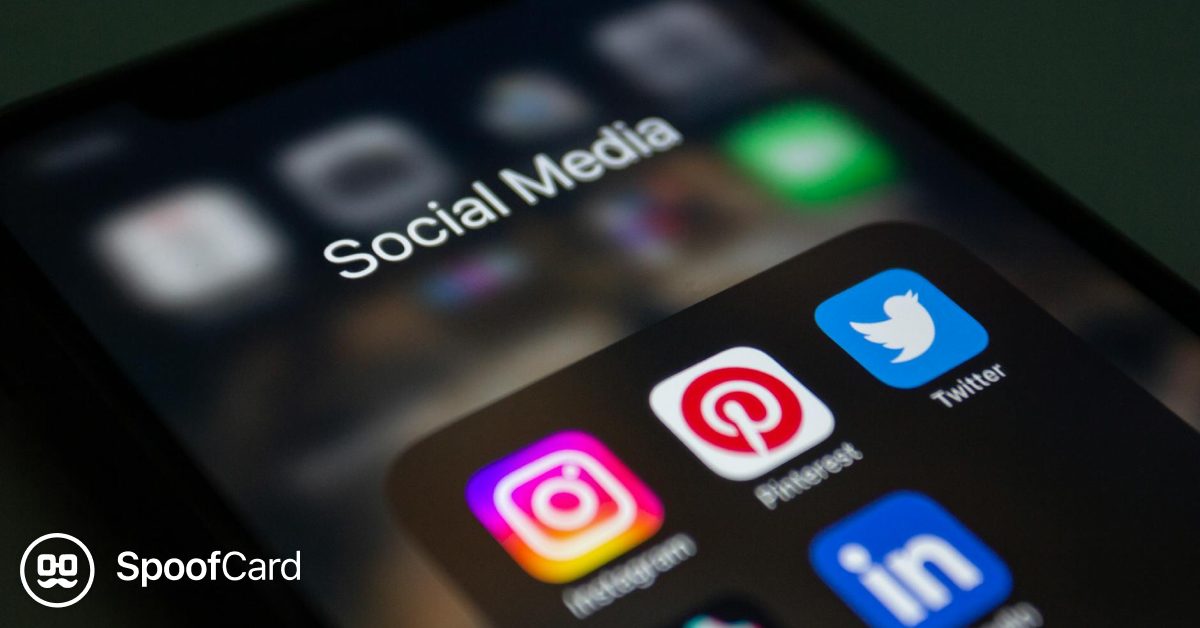Spoofed? Here’s What It Means & What You Can Do
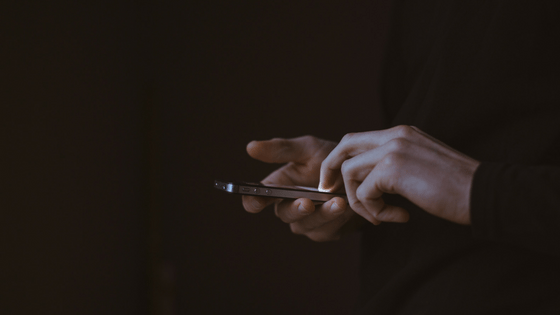
Have you received a “spoofed” phone call recently?
Caller ID spoofing is the practice of causing the telephone network to indicate to the receiver of a call that the originator of the call is from somewhere else other than the true origin. Spoofing services, such as SpoofCard, offer enormous value to those who value phone privacy or simply want to stay anonymous over the phone.
However, the unfortunate reality is that phone spoofing is also used by phone scammers and other bad actors. Most people know to hang up on con artists supposedly calling from the power company or the IRS, demanding money. The problem is, there’s little the police can do, even when the scammers go so far as to impersonate the police themselves.
In this post, we will explain what getting a spoofed phone call means, why it happened to you, and what you can do to protect yourself.
How to Identify a Spoofed Caller ID
It is relatively difficult to identify if an incoming call has been spoofed. This is because a spoofed caller ID display would show a different phone number from that of the telephone from which the call was placed but still look exactly like a real phone number.
Usually, caller identification or caller ID allows you to identify a caller before you answer your telephone. A caller’s number and/or name are displayed on your phone or an external display unit. Using caller ID spoofing, callers can deliberately falsify the telephone number as well as the name relayed as the caller ID information to disguise the identity of the calling party.
What does this mean for you?
Who Spoofs Caller ID?
You will likely be surprised to know you interact with caller ID spoofing often in day-to-day communication.
For example, when you receive a text message from ride-share apps such as Uber or Lyft, the driver’s phone number has been spoofed to ensure safe communication for the driver. Professionals also often spoof their caller ID. Collection agencies, law-enforcement officials, and private investigators are also frequent users of caller ID spoofing. Other users might be those in need of protecting their privacy due to domestic disputes or professionals who are traveling but need to call a client while displaying their office line.
Unfortunately, over the last few years, phone scammers have realized the value of staying anonymous over the phone with spoofing. Phone spammers, fraudsters, and harassers have adopted a spoofing tactic called neighbor spoofing to trick people into answering the phone.
Is Caller ID Spoofing Legal?
Caller ID spoofing has differing legality depending on the country.
United Kingdom
In the U.K., the spoofed number is called the “presentation number.” This must be either allocated to the caller or, if allocated to a third party, it is only to be used with the third party’s explicit permission.
United States
Caller ID spoofing is generally legal in the United States, as long as it’s not done “with the intent to defraud, cause harm, or wrongfully obtain anything of value”. The relevant federal statute, The Truth in Caller ID Act of 2009, does make exceptions for certain law-enforcement purposes. Callers are also still allowed to preserve their anonymity by choosing to block all outgoing caller ID information on their phone lines.
